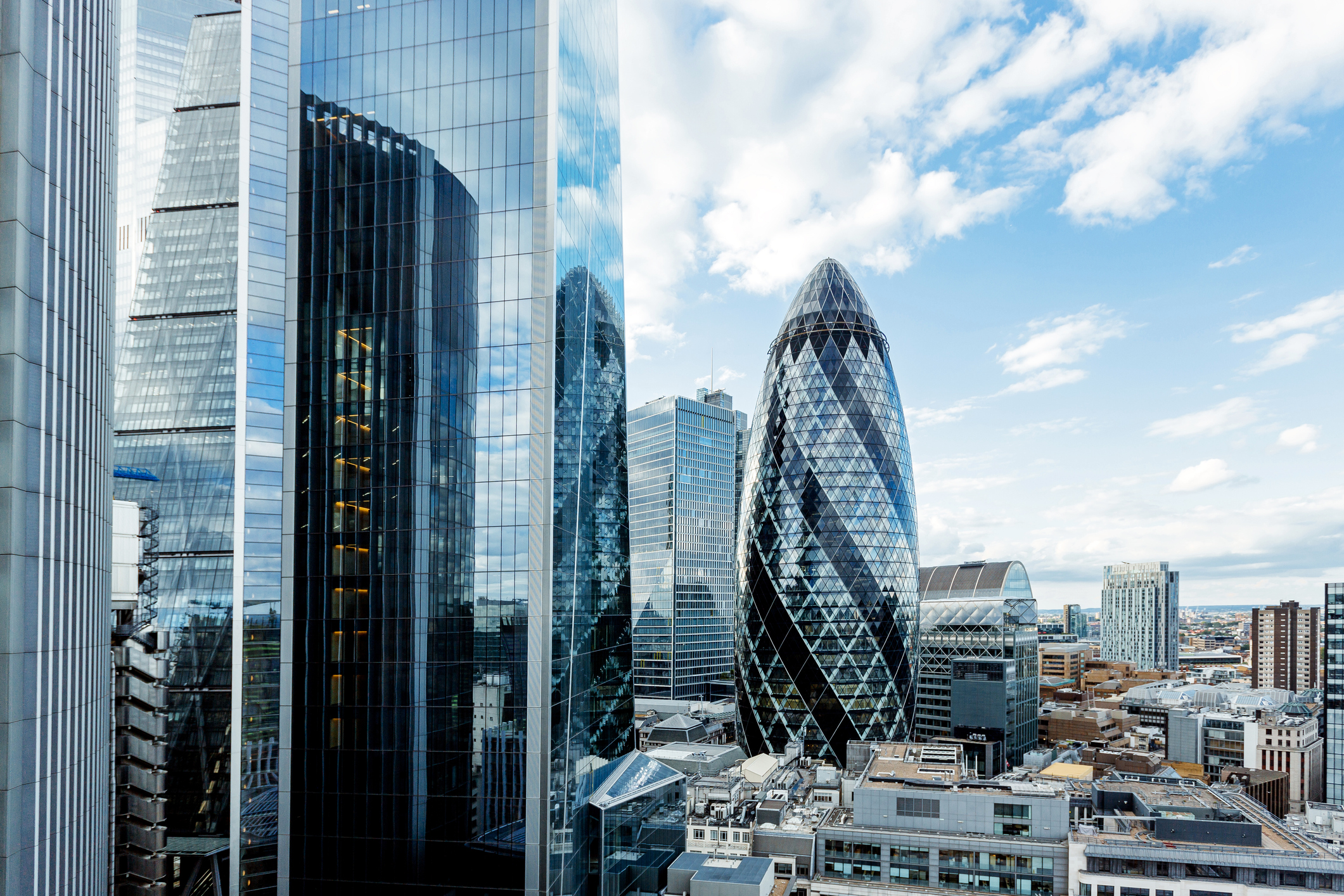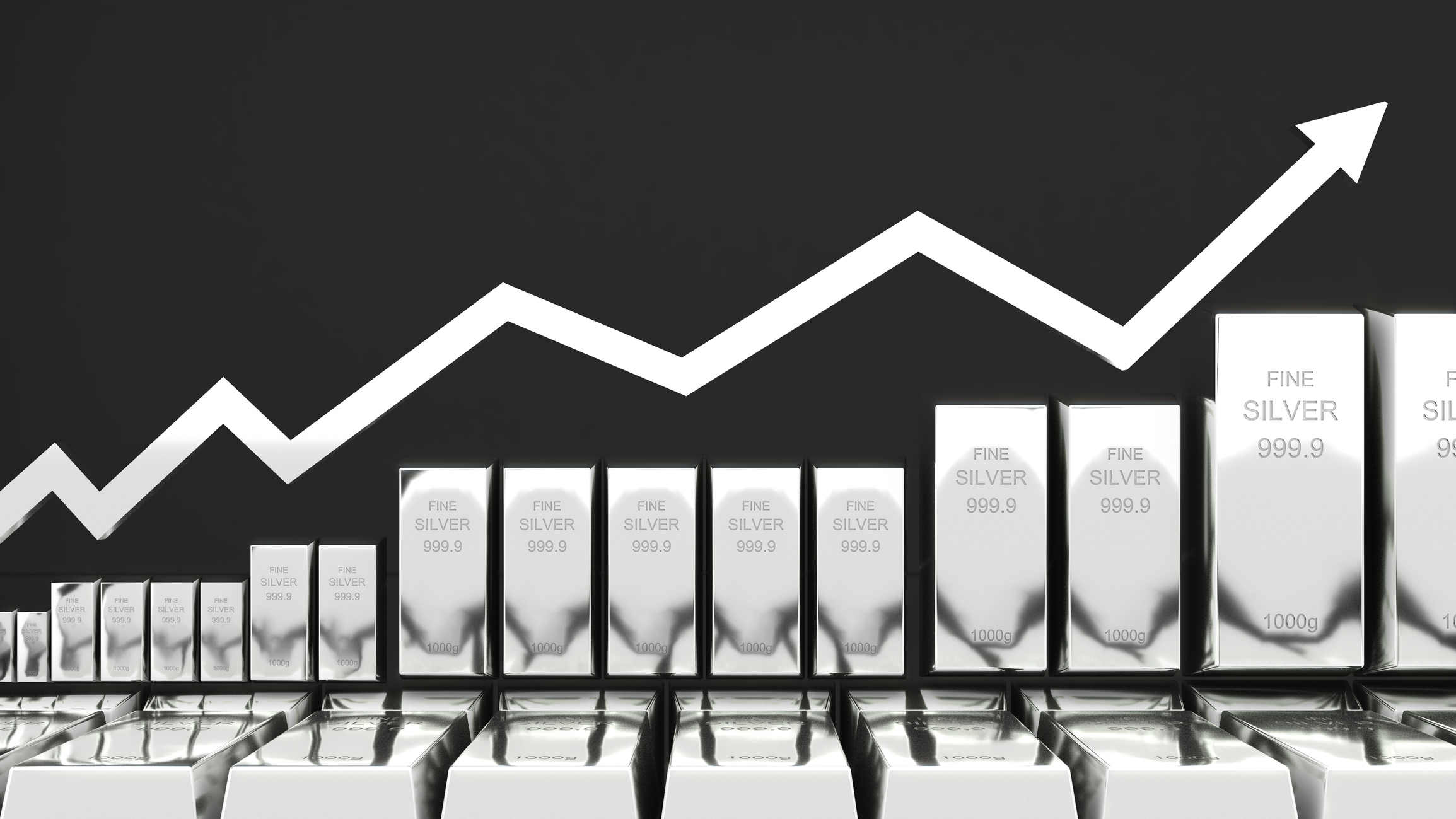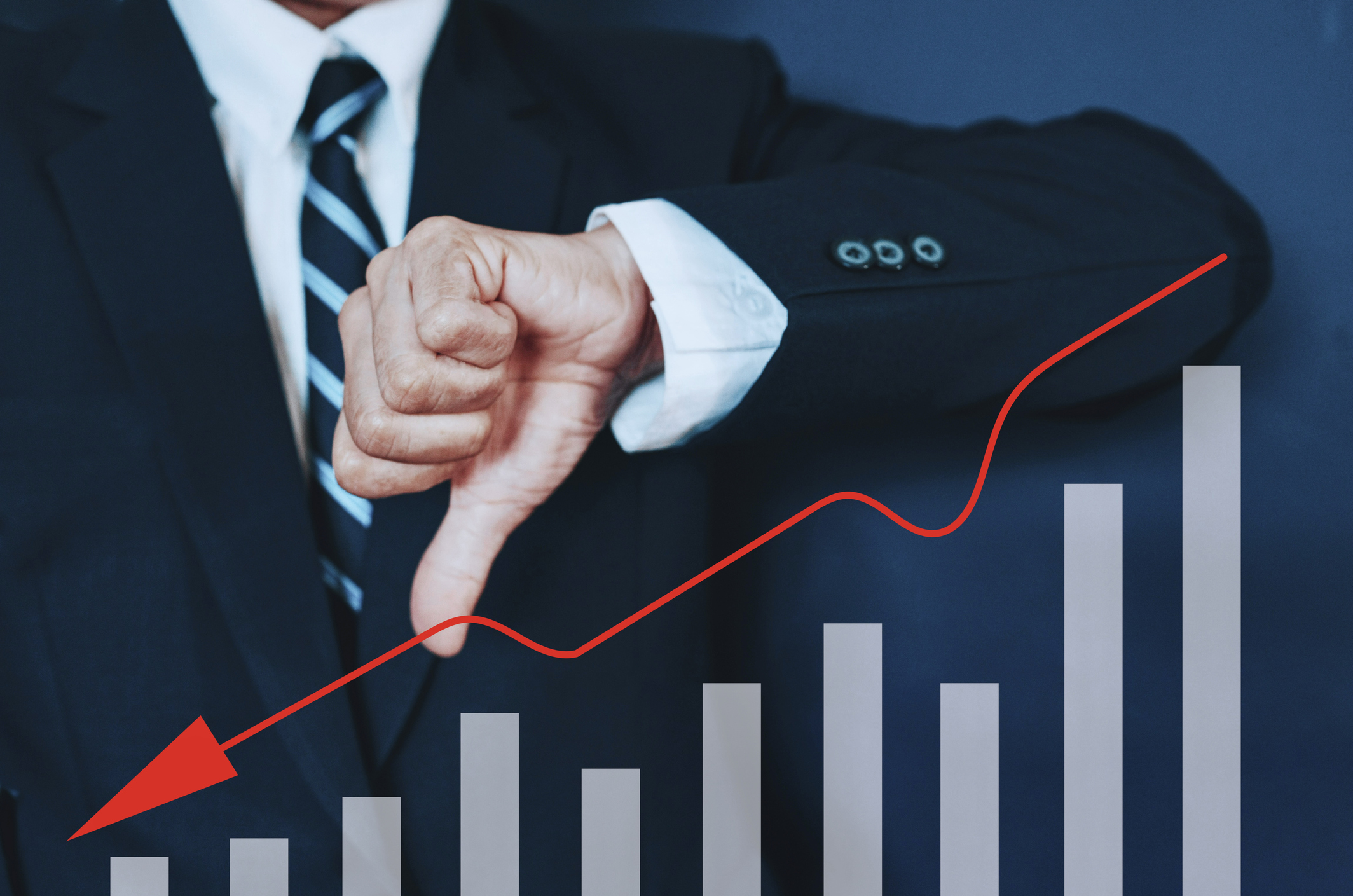Why are share buybacks on the rise?
Share buybacks are on the rise as global dividend payouts hit a milestone

Get the latest financial news, insights and expert analysis from our award-winning MoneyWeek team, to help you understand what really matters when it comes to your finances.
You are now subscribed
Your newsletter sign-up was successful
Want to add more newsletters?

Twice daily
MoneyWeek
Get the latest financial news, insights and expert analysis from our award-winning MoneyWeek team, to help you understand what really matters when it comes to your finances.

Four times a week
Look After My Bills
Sign up to our free money-saving newsletter, filled with the latest news and expert advice to help you find the best tips and deals for managing your bills. Start saving today!
Global dividend payouts hit a first-quarter record of $339.2 billion in the first three months of the year, according to the Janus Henderson Global Dividend index. UK dividend growth, however, was “relatively pedestrian”, says Andrew Jones of Janus Henderson.
Dividends rose 2.4% on an underlying basis to $15.3 billion. Ordinary (ie, not special, one-off payments) dividends are forecast to come in at £79.7 billion this year, still 6.5% below the all-time high of £85.2 billion paid out in 2018, says Russ Mould of AJ Bell.
Brexit, the pandemic and surging inflation have all taken their toll on UK plc. Instead, buybacks are growing in popularity. The FTSE 100’s forecast ordinary dividend yield is 3.8% this year, but that rises to 5.3% when you factor in buybacks already announced.
MoneyWeek
Subscribe to MoneyWeek today and get your first six magazine issues absolutely FREE

Sign up to Money Morning
Don't miss the latest investment and personal finances news, market analysis, plus money-saving tips with our free twice-daily newsletter
Don't miss the latest investment and personal finances news, market analysis, plus money-saving tips with our free twice-daily newsletter
Buybacks are more flexible for boardrooms than dividends, notes James Gard for Morningstar. As Paul Schultz of the University of Notre Dame puts it, a dividend reflects “a company’s capital discipline, its respect for small investors, and its prudence”. But many British blue chips slashed payouts during Covid – there was a 44% drop in 2020 compared with 2019.
While understandable, trust in promises, once broken, can be difficult to restore. “Share buybacks are more prevalent in the UK than we’ve ever seen before,” Nick Shenton of Artemis Income tells Hargreaves Lansdown. Since the start of 2021, BP has reduced its share count by 17%; Barclays is down 14%.
A common argument for buybacks is that the shares are undervalued. True, “asking a company’s CEO whether their shares are undervalued is akin to enquiring of your local car dealer whether it’s time for an upgrade – you shouldn’t expect an unbiased opinion”. But with British shares trading at historically low levels, this time “we are inclined to agree with the CEO”.
This article was first published in MoneyWeek's magazine. Enjoy exclusive early access to news, opinion and analysis from our team of financial experts with a MoneyWeek subscription.
Get the latest financial news, insights and expert analysis from our award-winning MoneyWeek team, to help you understand what really matters when it comes to your finances.
Alex is an investment writer who has been contributing to MoneyWeek since 2015. He has been the magazine’s markets editor since 2019.
Alex has a passion for demystifying the often arcane world of finance for a general readership. While financial media tends to focus compulsively on the latest trend, the best opportunities can lie forgotten elsewhere.
He is especially interested in European equities – where his fluent French helps him to cover the continent’s largest bourse – and emerging markets, where his experience living in Beijing, and conversational Chinese, prove useful.
Hailing from Leeds, he studied Philosophy, Politics and Economics at the University of Oxford. He also holds a Master of Public Health from the University of Manchester.
-
 MoneyWeek Talks: The funds to choose in 2026
MoneyWeek Talks: The funds to choose in 2026Podcast Fidelity's Tom Stevenson reveals his top three funds for 2026 for your ISA or self-invested personal pension
-
 Three companies with deep economic moats to buy now
Three companies with deep economic moats to buy nowOpinion An economic moat can underpin a company's future returns. Here, Imran Sattar, portfolio manager at Edinburgh Investment Trust, selects three stocks to buy now
-
 Three companies with deep economic moats to buy now
Three companies with deep economic moats to buy nowOpinion An economic moat can underpin a company's future returns. Here, Imran Sattar, portfolio manager at Edinburgh Investment Trust, selects three stocks to buy now
-
 Should you sell your Affirm stock?
Should you sell your Affirm stock?Affirm, a buy-now-pay-later lender, is vulnerable to a downturn. Investors are losing their enthusiasm, says Matthew Partridge
-
 Why it might be time to switch your pension strategy
Why it might be time to switch your pension strategyYour pension strategy may need tweaking – with many pension experts now arguing that 75 should be the pivotal age in your retirement planning.
-
 Beeks – building the infrastructure behind global markets
Beeks – building the infrastructure behind global marketsBeeks Financial Cloud has carved out a lucrative global niche in financial plumbing with smart strategies, says Jamie Ward
-
 Saba Capital: the hedge fund doing wonders for shareholder democracy
Saba Capital: the hedge fund doing wonders for shareholder democracyActivist hedge fund Saba Capital isn’t popular, but it has ignited a new age of shareholder engagement, says Rupert Hargreaves
-
 Silver has seen a record streak – will it continue?
Silver has seen a record streak – will it continue?Opinion The outlook for silver remains bullish despite recent huge price rises, says ByteTree’s Charlie Morris
-
 Investing in space – finding profits at the final frontier
Investing in space – finding profits at the final frontierGetting into space has never been cheaper thanks to private firms and reusable technology. That has sparked something of a gold rush in related industries, says Matthew Partridge
-
 Star fund managers – an investing style that’s out of fashion
Star fund managers – an investing style that’s out of fashionStar fund managers such as Terry Smith and Nick Train are at the mercy of wider market trends, says Cris Sholto Heaton